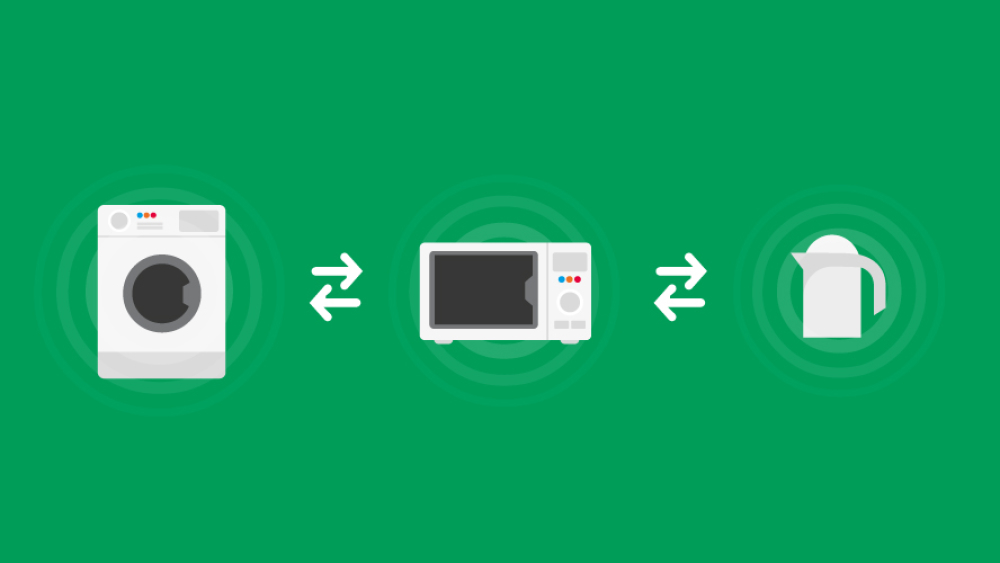What the Vizio case tells us about the development of the Internet of Things
10 Feb 2017

Vizio, an American manufacturer of smart televisions was fined $2.2 million by the Federal Trade Commission (FTC) following an investigation. The FTC found that the smart televisions had been illegally tracking viewer habits, and that Vizio shared this data with unauthorised third parties.
The FTC felt that consumers would not have expected their television to be collecting data about their viewing habits. Someone may reasonably expect this of video streaming services but not the television itself.
This is something that the Information Commissioner’s Office consistently makes reference to in its own enforcement cases: whether the data processing is in the reasonable expectations of consumers, or does it actually far exceed what consumers consider fair?
Vizio sold smart televisions that had automatic content recognition software, collecting data about what individuals were watching but without their consent to do so. The software recognises specific programmes by capturing a slice of pixels from the screen and comparing that to Vizio’s main database.
Around 10 million televisions used this technology, with billions of pieces of data collected every day. However, the software also monitored other digital information. It logged nearby Wi-Fi connections, their signal strength and other local IP addresses. This data was then sold to third parties for the purpose of targeted advertising.
The FTC pointed out in their ruling that Vizio should have alerted their customers to the actions of their smart television. A pop-up on screen could have explained how and why the TV collected data. If a customer disagreed with this then they could opt-out from having their personal data collected for monitoring and advertising purposes.
The internet of things presents many opportunities to businesses, society and entrepreneurs. The amount of data available for analysis and innovation will increase exponentially as more devices come online, from weather stations to smart televisions.
A great deal of data collected will be personal data relating to real people. This means the data must be treated with the utmost respect. Internet of things connected devices should offer consumers control over how their data is used and collected.
This is the only way to build trust between consumers and brands. Ultimately, it will be trust that decides whether the internet of things is a success and businesses are able to innovate and create as a result.
The Vizio-FTC case demonstrates clearly why consumers need to be informed about what data their connected devices are monitoring and whether there is an impact upon their privacy.
Please login to comment.
Comments